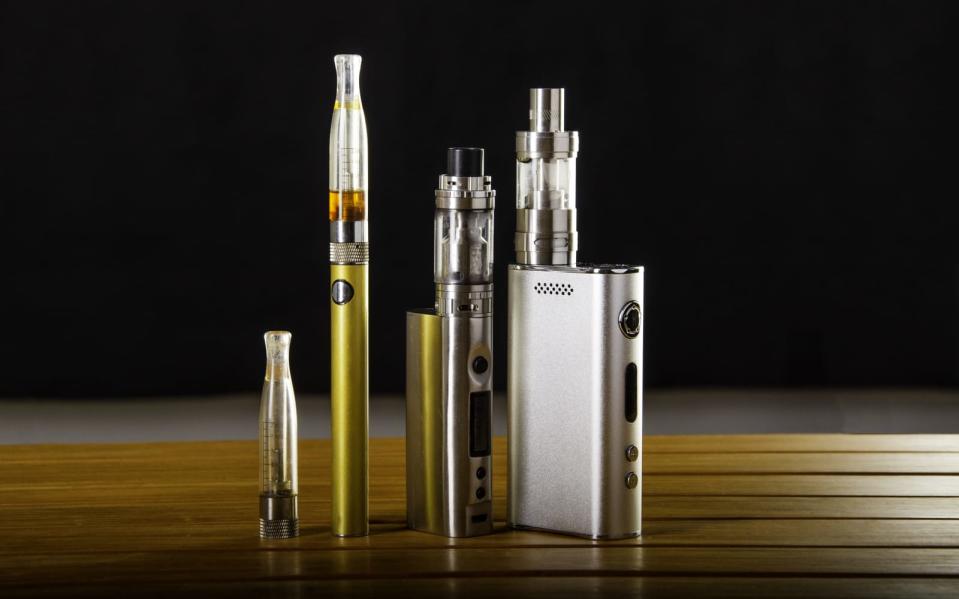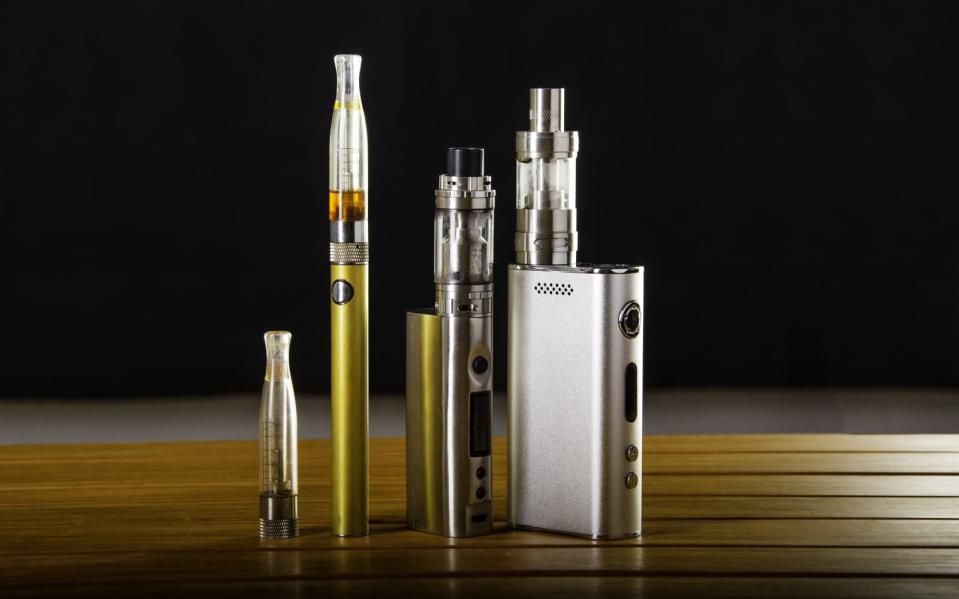Congress is asking vape manufacturers if they used social media bots
Bots that spew vaping spam are a uniquely modern problem.
Congress wants to know if the largest vaping companies used bot-generated social-media messages to market their products. The House Energy and Commerce Committee and the Massachusetts attorney general have asked each of the five largest manufacturers if they've relied on automated, bot-posted campaigns, The Wall Street Journal reports.
Vaping has received a ton of attention this year -- from the mysterious lung illness it seems to be causing to campaigns to legislation to deter teen vaping. Bots have gotten their fair share of the spotlight, too, with spam accounts promoting porn and undermining democracy. Bots that spew vaping spam are a uniquely modern problem, and one with the potential to reach tons of people. In a study funded by the New Jersey-based Nicholson Foundation, researchers looked at 1.2 million Twitter messages related to e-cigarettes or tobacco. A full 77 percent came from accounts believed to be bots.
According to The Wall Street Journal, three of the major companies -- Reynolds American Inc., Juul Labs Inc. and Japan Tobacco International USA Inc. -- said they haven't used bots. Someone familiar with the matter at NJOY LLC said that company doesn't use bots, and Fontem Ventures did not respond to WSJ's requests for comment.
What Congress wants to know is if bot-driven social media posts have been used for deceptive or misleading campaigns. Some feel the industry relied heavily on social media because it was hoping to reach the youths. But tracking down who's responsible for the bots may be difficult because they are often used by contractors hired by companies, and there are no national laws requiring that bots identify themselves as automated.


